

Are you planning to get a bank loan for a mortgage? Do you want to claim your real estate or vehicle insurance due to unforeseen accidents? If these institutions doubt your identity and legal deed documents aren’t enough, then you will need to make a sworn statement to prove ownership. With a signed and sealed affidavit, you get to transact and perform all acts and deeds legally involving any of your property, especially when selling or applying for loans with collateral. Learn the uses of an Affidavit of Ownership and how to create one with this article by reading further.
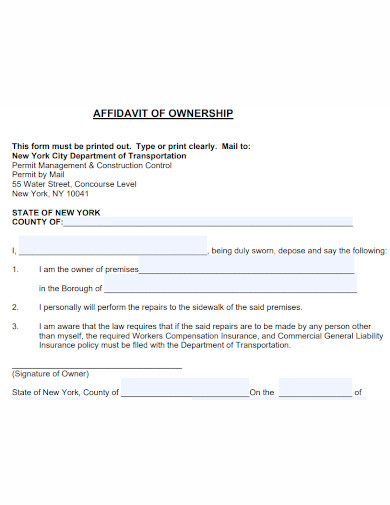
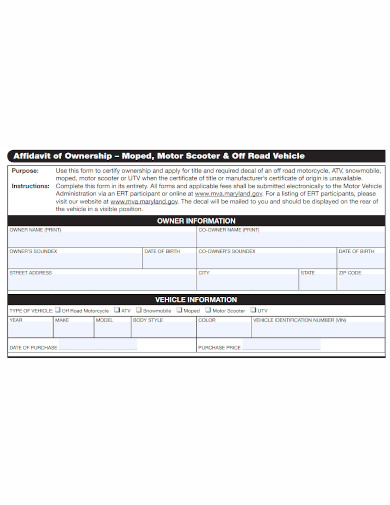
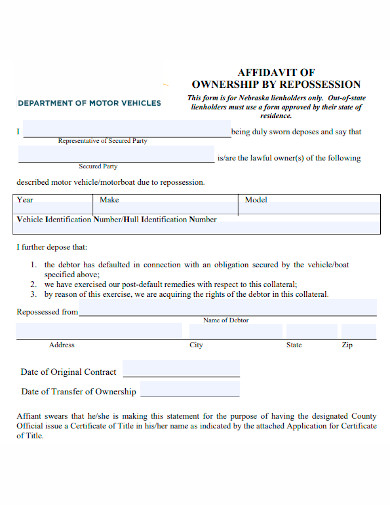
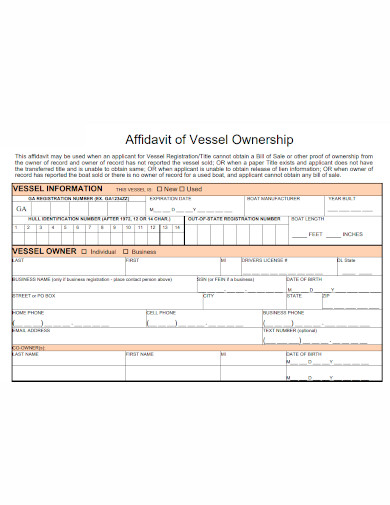
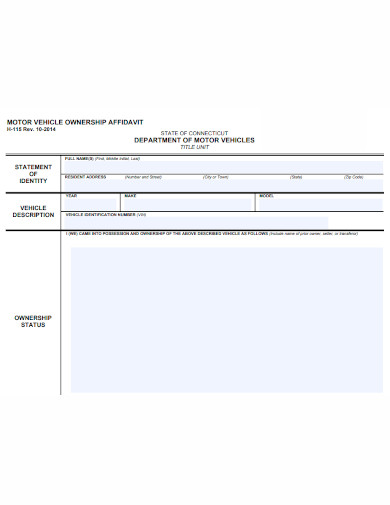
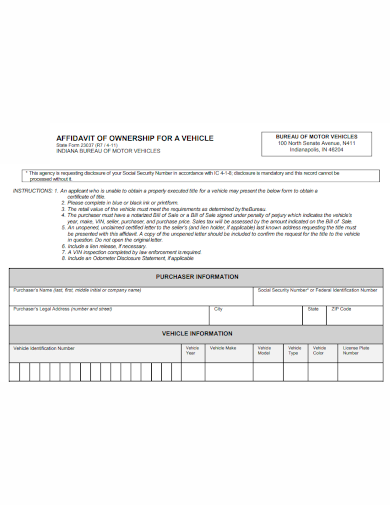
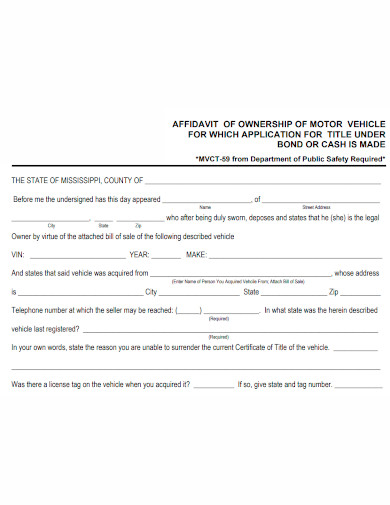
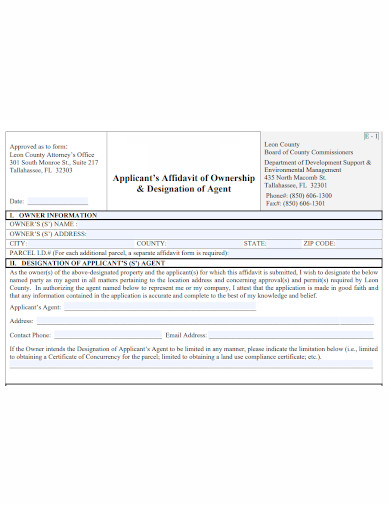
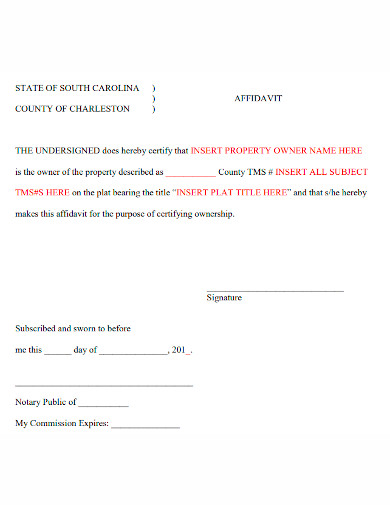
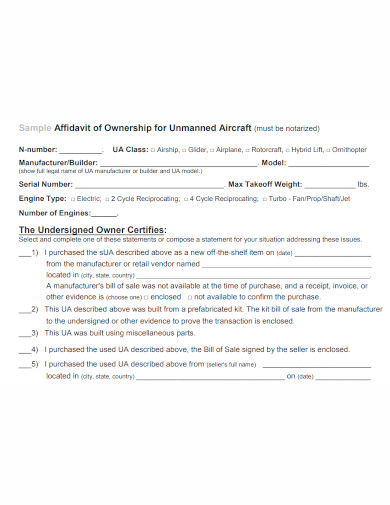
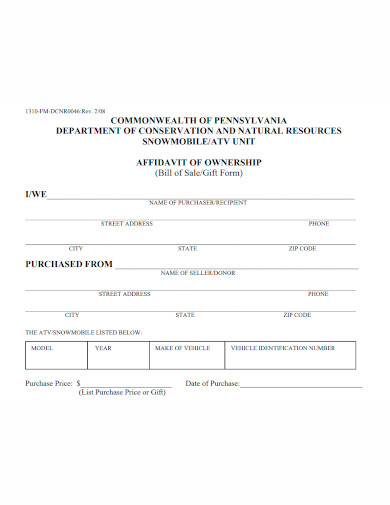
An affidavit is a sworn statement made by an affiant and notarized by lawyers. An affidavit of ownership is a legal and formal document that declares an individual owner of properties including lands, residential homes, commercial property, businesses, and others. This paperwork serves as a backup document for the completion of transactions such as ownership transfers, purchases, loans, property sales, insurance applications, visa applications, and more.
In creating an affidavit of ownership, you need to have a proper consultation with a lawyer (in case you doubt that the document is well-crafted), browse the Internet for reference, or get a template for convenience. You also need to have a purpose so you can create a specific statement that will fit the requirements of the institution where you are going to submit them. Below are some tips that you can use when crafting an affidavit of ownership.
Since the affidavit is used to prove your identity to an institution, you have to be more specific when it comes to writing down your details. Write your complete name (including maiden name for women if married), your complete address (for background check purposes), your age, and your civil status. If you have inherited the property, you can also state the name of the previous owner and your relationship to them (if kin). Show another proof of identity by providing ID card details such as ID number and the government agency that issued them.
The next paragraph after your details is your attestation. It can be a short or long paragraph depending on the number of properties involved. Remember to always put information that you know is factual to avoid legal cases of perjury and falsification of documents.
When you are applying for mortgage loans, insurance, travel visas, and bank cash loans, there is a possibility that they will perform a thorough background check on you. Provide a checklist of your properties or evidence of procurement like a Deed of Sale, Affidavit of Transfer, Affidavit of Heirship, and many others. If you have acquired the property through real estate agencies, you can also provide them with the certification of ownership and Bill of Sale if needed. If there’s another person involved in the processing of the documents, you may even include the details of the Special Power of Attorney.
This is very important, especially if where you are filing the affidavit is far from where your property is located. Write the date when the attestation is made and the complete address where you’ve taken your oath.
In the bottom part of your document, you can write down an oath statement acknowledging the factual information provided in your attestation. Otherwise, you can have the lawyer or issuing body prepare it for signing.
To completely make your affidavit legal and binding, bring the document to the lawyer and have it sealed. It is recommended though to have the document signed with your presence to testify to the veracity of your statements. Bring your identification card to prove your identity. If you cannot go in person, give your representative authorization to have it signed along with your IDs.
There is a separate affidavit that you can use if you want to prove ownership of stocks, financial bonds, and other non-tangible items. An affidavit of ownership is mostly used to assert ownership of vehicles and land properties.
Yes, you can ask a lawyer to write the affidavit of ownership for you. However, take note that they might have a separate charge for the typing fee.
Yes, it is sometimes allowed to have another affidavit on the same page as the affidavit of ownership. This is especially true when dealing with inherited properties or declarations of sale.
Proclaiming ownership of a property, especially when it comes to land, vehicles, and houses, is easy when you have a legal document at hand. Create your very own Affidavit of Ownership today by checking out our editable and downloadable template samples above.